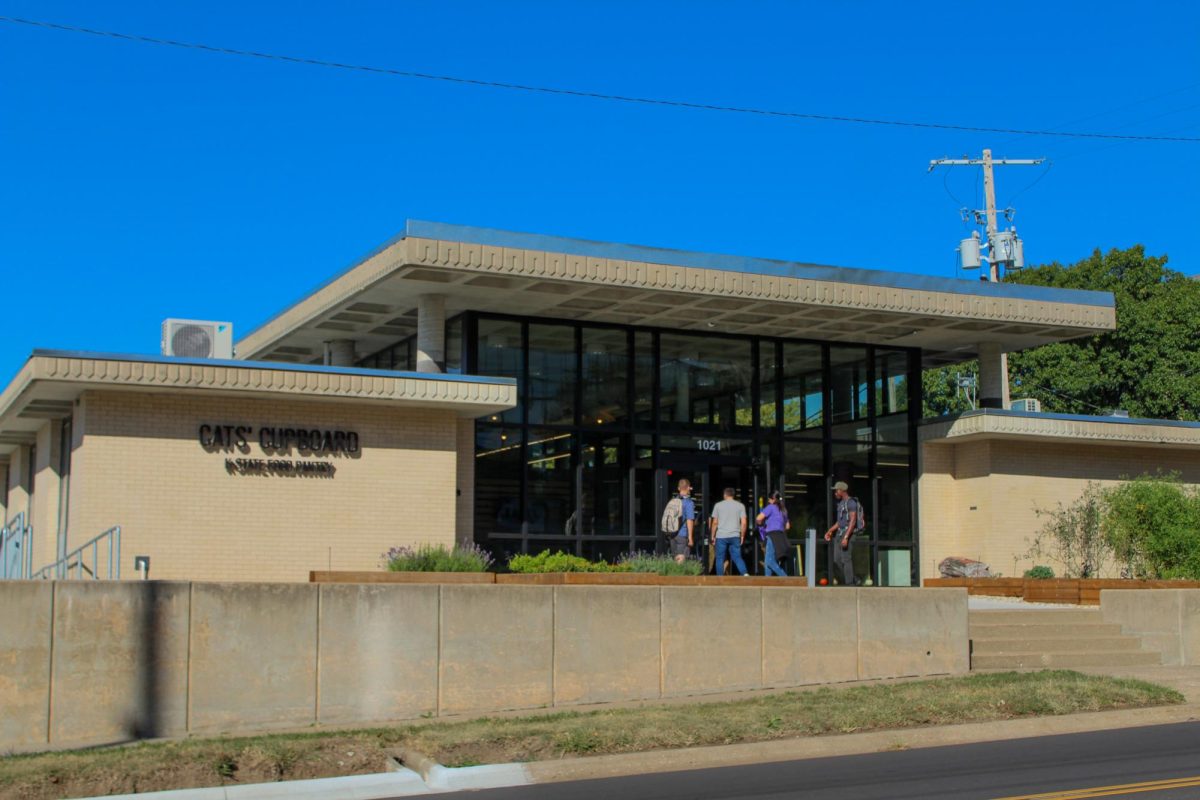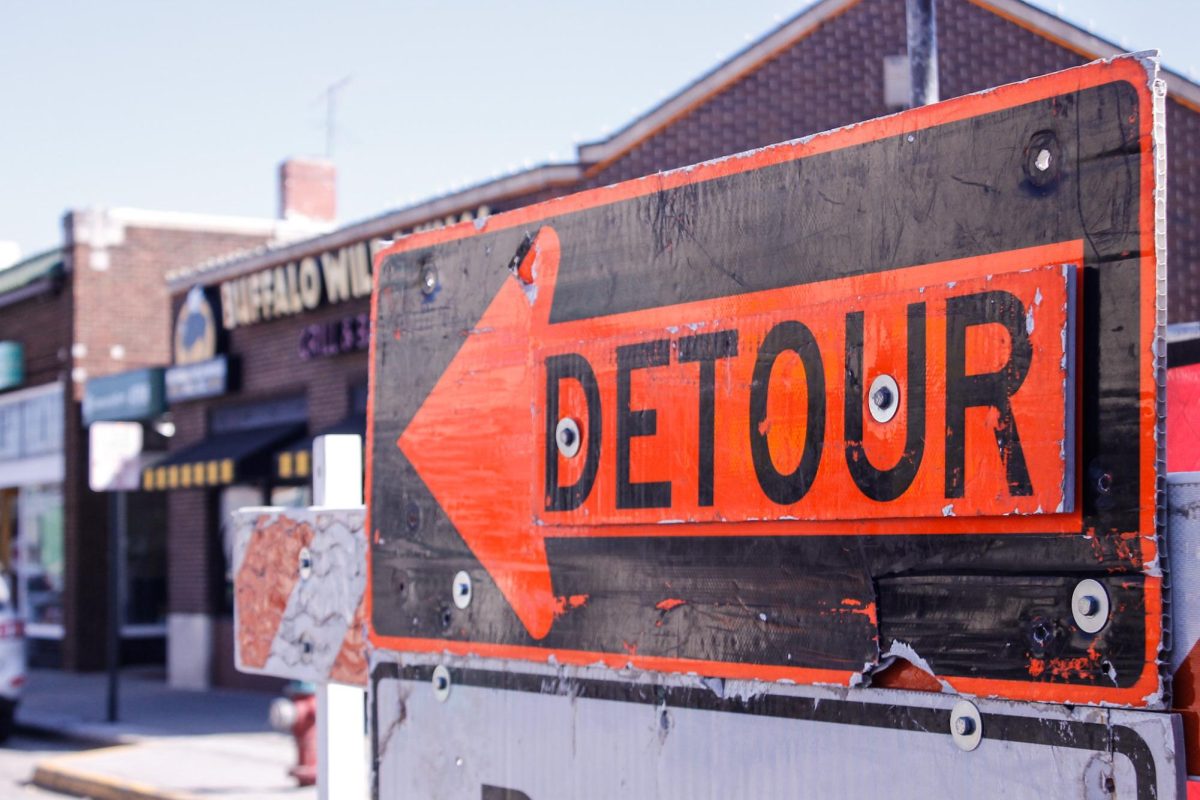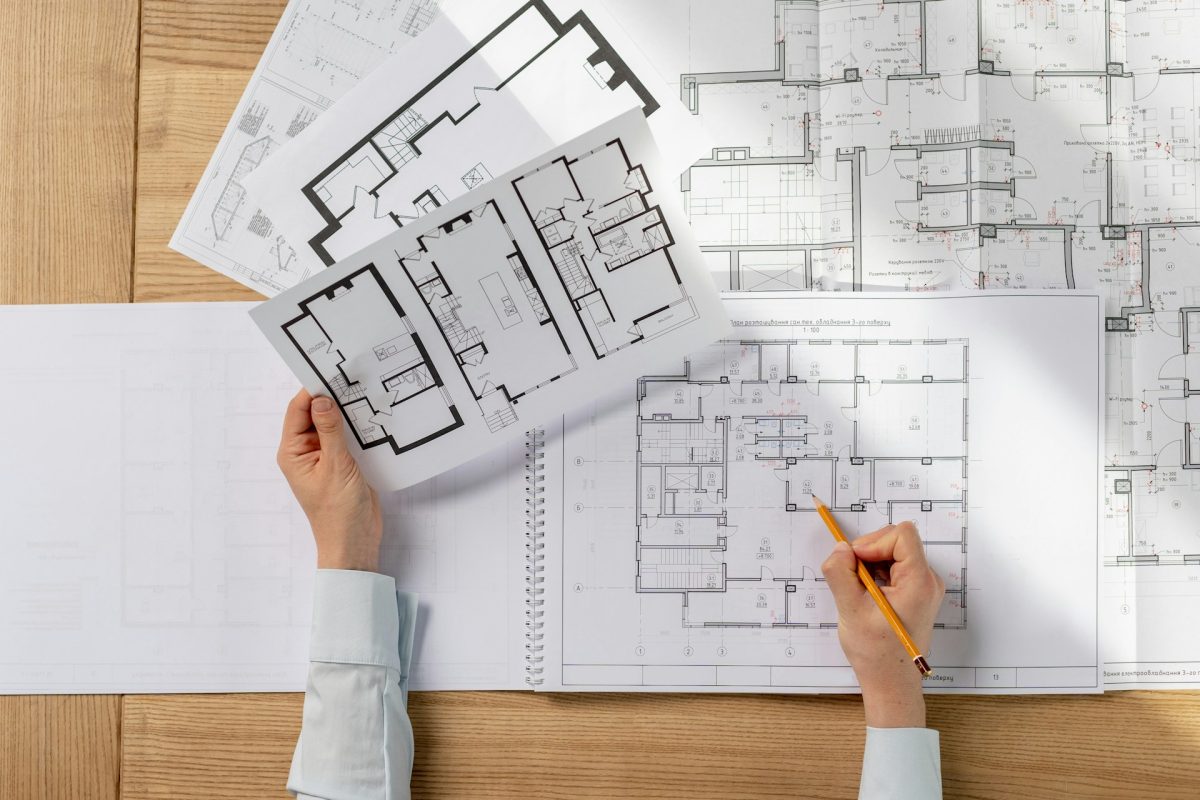Construction projects are subject to various local regulations, from zoning laws and building codes to environmental restrictions and safety standards. Compliance with these regulations is crucial to avoid legal complications and ensure the safety and success of the project. One key way that construction companies can ensure they meet these requirements is by conducting a comprehensive construction survey.
What Are Construction Surveys?
Construction surveys are essential evaluations at various project stages to gather precise data about the site and its surrounding environment. These surveys help define boundaries, establish building layouts, identify potential hazards, and ensure that construction processes align with local, state, and national regulations.
By offering an in-depth look at the site’s physical characteristics, these surveys provide a roadmap for builders to follow, ensuring that the project adheres to both design plans and regulatory guidelines.
Ensuring Compliance with Local Regulations
Adherence to Zoning Laws
Every area has specific zoning laws that dictate the types of buildings that can be constructed and how they should be used. A construction survey helps identify zoning restrictions, ensuring that the proposed project aligns with local land-use regulations. This prevents costly legal issues down the road.
Environmental Compliance
Environmental impact is a major concern in many regions. Construction surveys can identify environmental considerations such as protected ecosystems, water sources, and endangered species habitats. By addressing these factors early on, construction companies can take necessary steps to reduce negative impacts, ensuring compliance with environmental regulations.
Building Code Conformity
Building codes are sets of regulations that dictate the structural integrity, safety, and accessibility of buildings. Construction surveys provide precise data on land slope, soil stability, and proximity to other structures, ensuring that all designs meet the necessary codes. Without this data, a project could fail inspections, resulting in delays and added costs.
Safety Regulations
Safety is paramount in any construction project. Surveys can detect potential hazards, such as underground utilities, unstable soil conditions, or nearby residential areas, that might pose risks during the build. Understanding these risks early helps construction teams implement safety measures, ensuring compliance with local safety regulations and preventing accidents.
Reducing Delays and Costs
Compliance with local regulations isn’t just about meeting legal standards—it can also help reduce project delays and unexpected costs. Construction surveys clearly understand the site, allowing for better planning and decision-making. By identifying potential regulatory or safety issues early, builders can avoid the risk of project halts, fines, or expensive modifications.
Conclusion
Construction surveys are invaluable in ensuring that projects adhere to local regulations, building codes, and environmental guidelines. These surveys offer a detailed analysis of the construction site, helping avoid potential legal issues, reduce project delays, and maintain the safety and integrity of the built structure. By incorporating thorough construction surveys, project managers can navigate the complexities of compliance with confidence, ensuring a smooth and successful construction process.










































































































